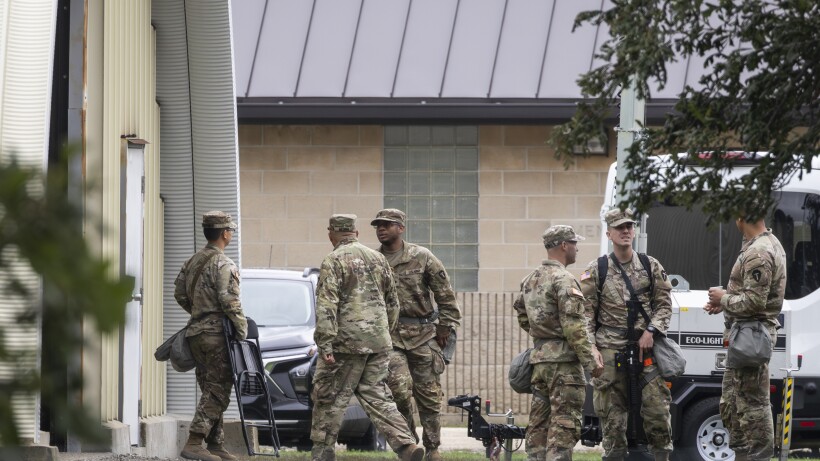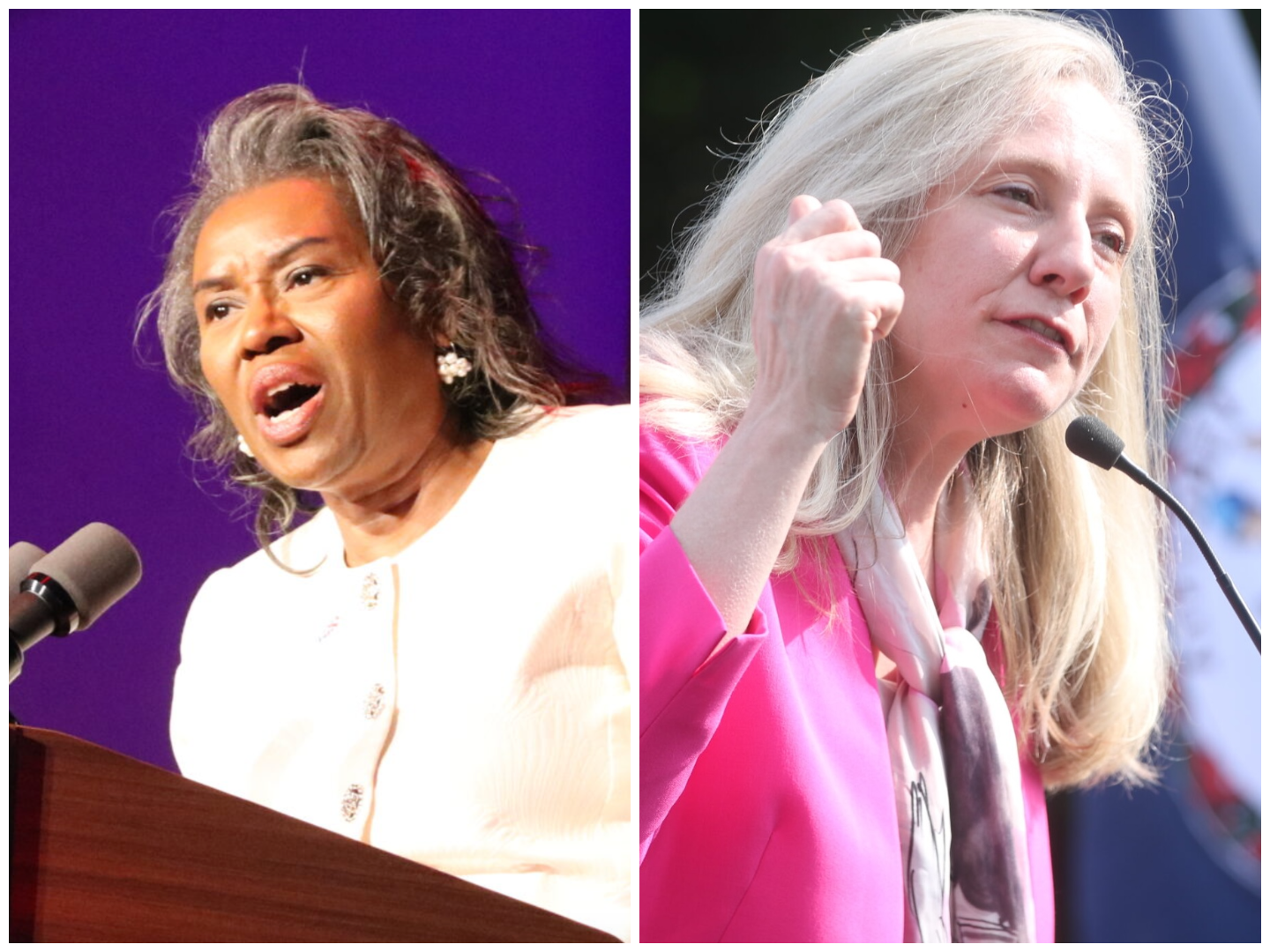U.S. District Court Chief Judge Virginia Kendall has said that National Guard troops are not required at Chicago’s Dirksen Federal Building. She made this clear before a hearing about the federal plan to use Guard forces to protect courthouses.
Her statement draws a firm line between court security and military involvement. It also highlights the growing tension between federal authority and judicial independence.
Background: Why the National Guard Was Considered
The Trump administration recently ordered National Guard deployments in several U.S. cities, including Chicago. The move was meant to secure federal properties like courthouses and immigration offices.
However, local officials strongly objected. They argued that such deployments could violate the Posse Comitatus Act, a law that prevents military forces from performing domestic law enforcement duties.
Because of these concerns, Chicago’s federal court system reviewed whether the Guard should be stationed near the courthouse. Judge Kendall responded firmly that the court already has enough security in place.

Judge Kendall’s Statement and Reasoning
Judge Kendall explained that the courthouse’s U.S. Marshals Service and federal security officers already handle protection duties. According to her, there was no official request for Guard troops at the Dirksen building.
She stressed the court’s main mission — ensuring public access to justice.
“Maintaining access to the courthouse for anyone who seeks redress remains a top priority of the court,” she said.
Judge Kendall added that the courthouse will stay open and operational. All hearings, trials, and citizenship ceremonies will continue as scheduled.
A Question of Control and Authority
This issue goes beyond security. It raises deeper questions about who controls public spaces during times of unrest. Judge Kendall’s decision clearly asserts that the judiciary should stay independent and free from military oversight.
By rejecting Guard deployment, she reaffirmed that the courthouse is a place for law, not force. Her position also shows the court’s confidence in its own ability to maintain peace and order through existing federal channels.
Legal experts believe her statement could influence similar debates in other U.S. cities. If upheld, it may set a precedent for how courts balance security with civil liberties.
What This Means for Chicago and Beyond
Judge Kendall’s stand reflects a strong belief in judicial autonomy. It also shows how local institutions can resist federal overreach when necessary.
Here are key takeaways:
- Judicial independence is essential. The court’s stance protects its neutrality.
- Local control matters. Chicago’s leaders continue to question the scope of federal authority.
- Security remains intact. The courthouse stays secure under existing systems.
- Public trust grows. Clear communication from court officials helps maintain confidence in the legal process.
As national debates over law enforcement continue, Chicago’s example may guide other courts facing similar decisions. The balance between security and freedom will likely remain at the center of these discussions.
Conclusion
Judge Virginia Kendall’s refusal to involve the National Guard at the Dirksen Federal Building shows firm leadership and faith in the rule of law. Her decision keeps the courthouse open, accessible, and safe — all without military interference.
In an era of rising tension between local and federal powers, her message is simple: the courts belong to the people, not the military.











